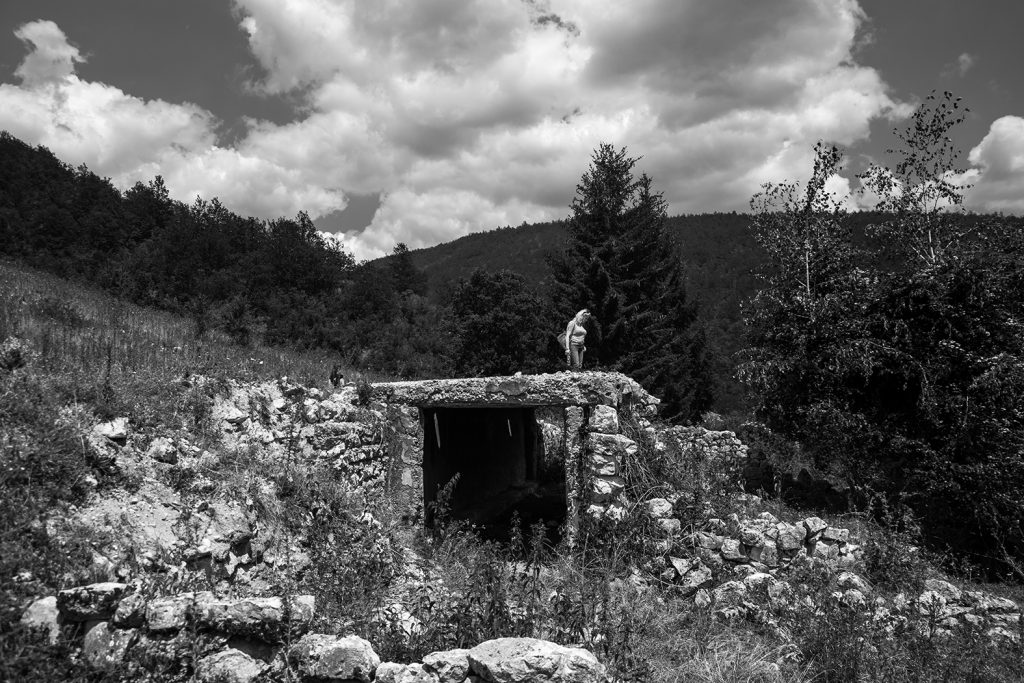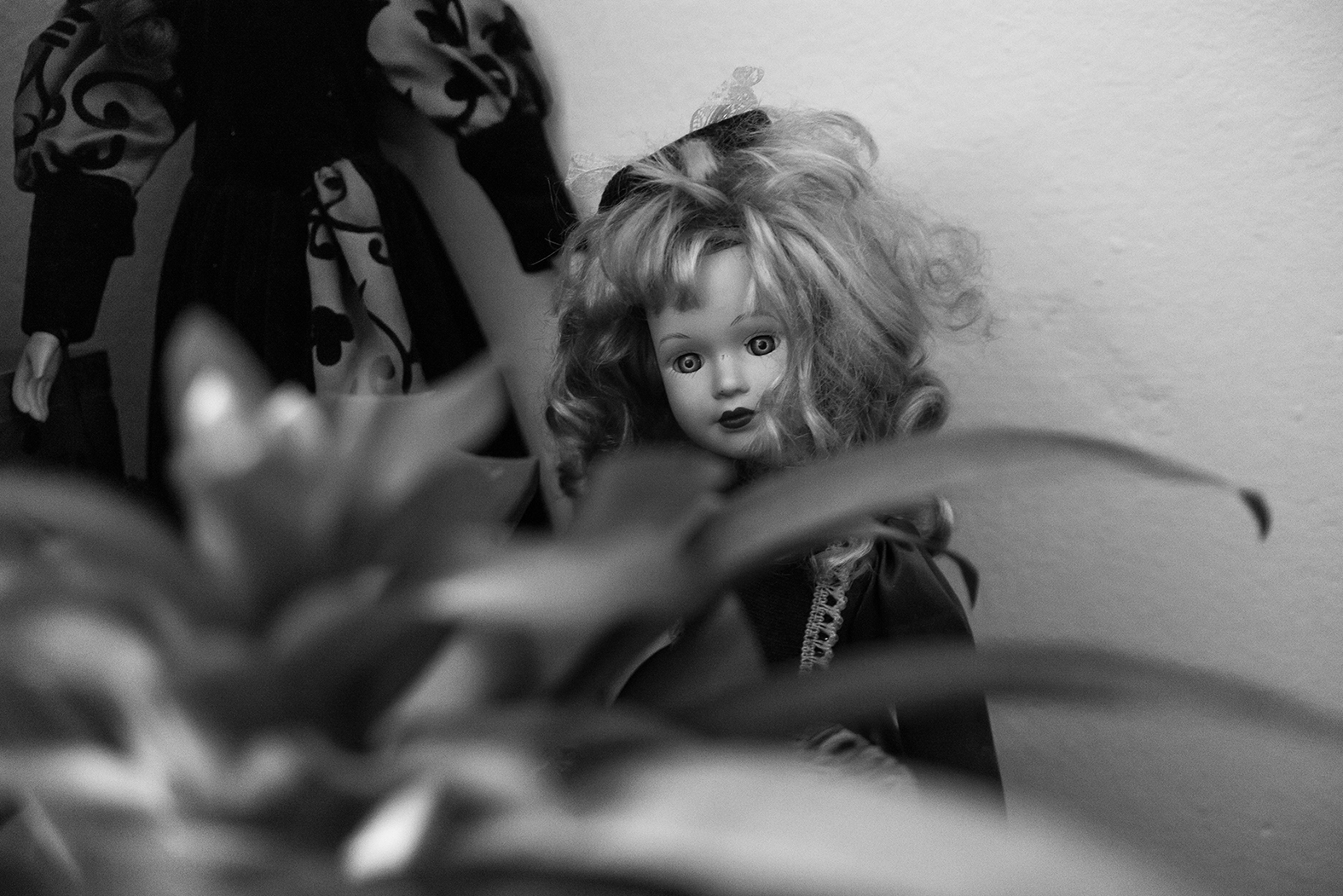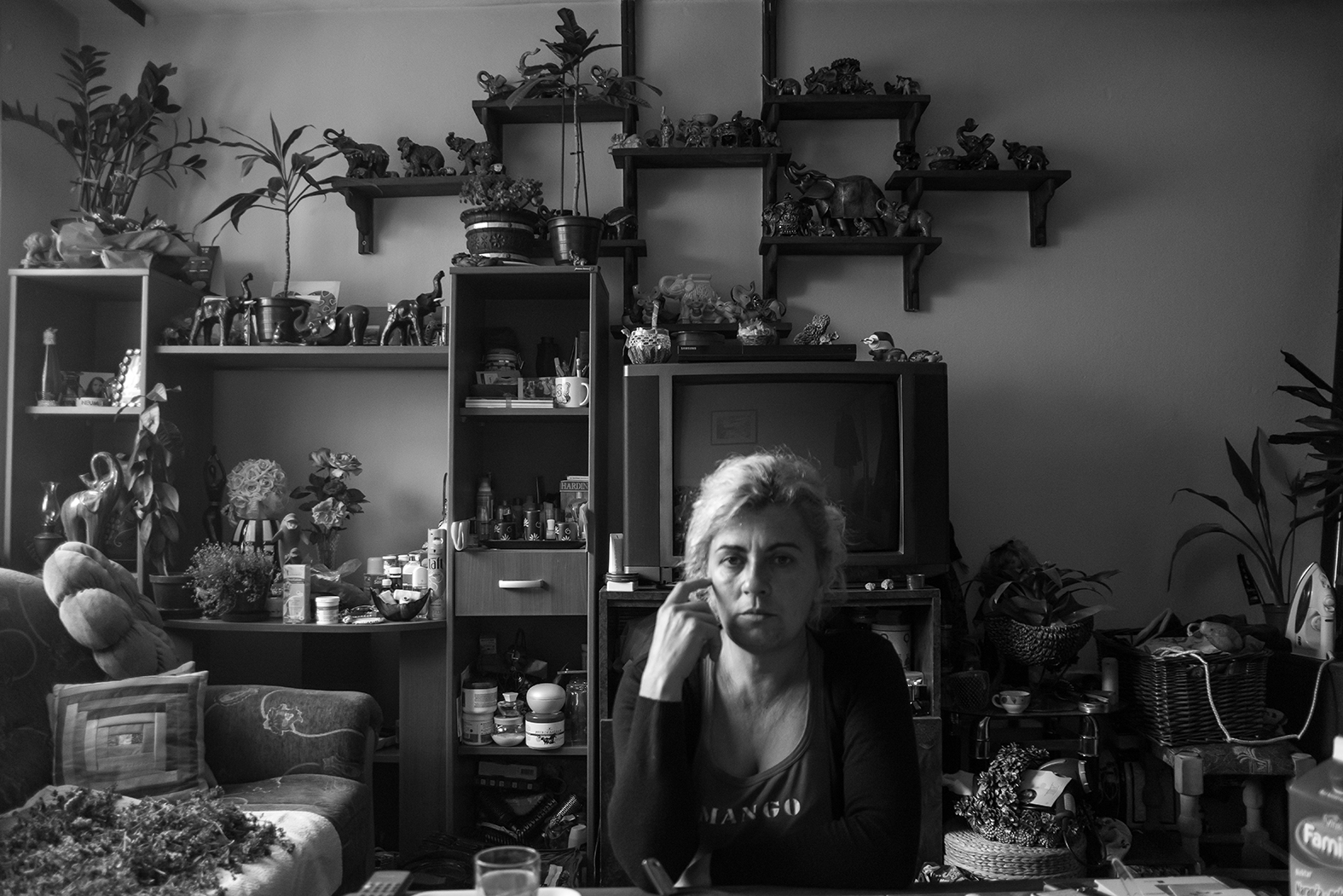
Only through understanding the gender perspectives of the Bosnian war can we approach the conflict honestly and begin to answer more profound questions that are crucial for the reconciliation process.
In a controversial BBC documentary about the brutal 2012 gang rape and murder of a young woman in Delhi entitled “India’s Daughter”, the filmmakers interview one of the convicted rapists who openly blames the victim for the assault. The film was broadcast in the UK but banned by the Indian government, which stated that it could incite further violence against women.
The documentary made me think about how many victims of rape I meet in my life in Bosnia-Herzegovina, whether through my work with the Post-Conflict Research Center or in my daily life, sometimes without even realizing the tremendous humiliation and suffering they have to bear each day. In our repressive, patriarchal society, people point fingers at them and whisper: “You would not believe it, she was raped several times in her house, and imagine, it was every time by different man….isn’t it ugly?!”
I feel overwhelmingly disgusted. Not towards the women who were raped, but rather towards our society, which has a distracted system of values that is completely devoid of compassion for and recognition of a woman’s experience.
Trying to understand the Bosnian war always involves a search for answers in the past. Going back to the ubiquitous “Brotherhood and Unity” slogan that formed the backbone of communist Yugoslavia, this theme was obviously developed by men. Even having all the same social rights and benefits, women bore the role of “woman” and “mother” as a double burden. Employed women contributed to the production of goods for the society and state, but they were still expected to run a household as wives and mothers.

The class was the most powerful social and state subject, and it was male dominated. But the collapse of communism brought nationalism to the scene, where class was replaced by the nation and where nationalistic strategies were used to achieve this reversal. The aim was to create ethnically pure territories, accomplished not only through mass expulsions, ethnic cleansing and killings, but also through rape, which was used strategically and as a weapon of war.
In repressive, patriarchal societies like Bosnia, women are seen as reproducers of the nation. The female body is therefore preserved as the territory of one nation, and rape is a way to harm and destroy that nation. The woman’s body must be controlled in order to maintain the external and eternal boundaries of one ethno-nation. Essentially, a woman’s body during war becomes a vessel through which men communicate with each other.
The war may be over now, but female rape victims are currently being manipulated to represent the victimization of their whole ethnic group. Going from individuality to collectivity is the usual pattern in Bosnian ethno-nationalistic discourse. When a group says, “our women were raped”, it is a way to depict the suffering of one ethno-nation. Rape, besides being seen as “dirty”, is deeply perceived as a crime against one nation rather than the crime against one individual – a mother, daughter, sister and girlfriend. Women become stripped of their individuality and are viewed purely as models of national devastation for their ethnic group. This process both dehumanizes the raped woman and minimizes the crimes committed against her as an individual. Since rape is a weapon – and there was no winner in the war – the rape of a large number of women from one ethnic group is humiliating for that group.
The United Nations estimates that between 20,000 and 56,000 women were raped during the Bosnian war. I remember one victim confessing to me: “Who will believe me that I suffer and live with it, who will believe me twenty years after the war? They didn’t then, and they won’t now. They ask for proof, I have only my inner feeling.”

Many victims remain silent not only because of the shame, fear and humiliation they continue to endure, but also because of the ethno-nationalistic politics that continue to dominate in Bosnia today, where the only way to communicate is on an ethnic level. Women are afraid that if they speak about what happened to them, they will betray their nation, their family and their partner who fought in the war.
A stigma has developed because of the lack of institutional and social support for survivors of wartime sexual violence. Proper medical treatment is absent, as are reparations. Think about how many rape victims are among us who are not recognized – both because they feel they must remain silent and because society does not care about their plight. Many of them say that it is better to remain silent than to become a victim for a second time. Even though the war is over, women remain on the frontline as they have always been – as sisters, mothers, daughters and friends – fighting for recognition and their rights, regardless of their ethnicity. I have seen so many Bosniak and Serb women who suffered and lost their families in the war sit together and talk. You can feel how much they understand and respect one another as women struggling to overcome a painful past and forge a new future.
The conflict in the Balkans has forever changed the understanding of what it means to be a woman in war. Many victims of rape still seek justice. Only through understanding the gender perspectives of the Bosnian war can we approach the conflict honestly and begin to answer more profound questions that are crucial for the reconciliation process.






